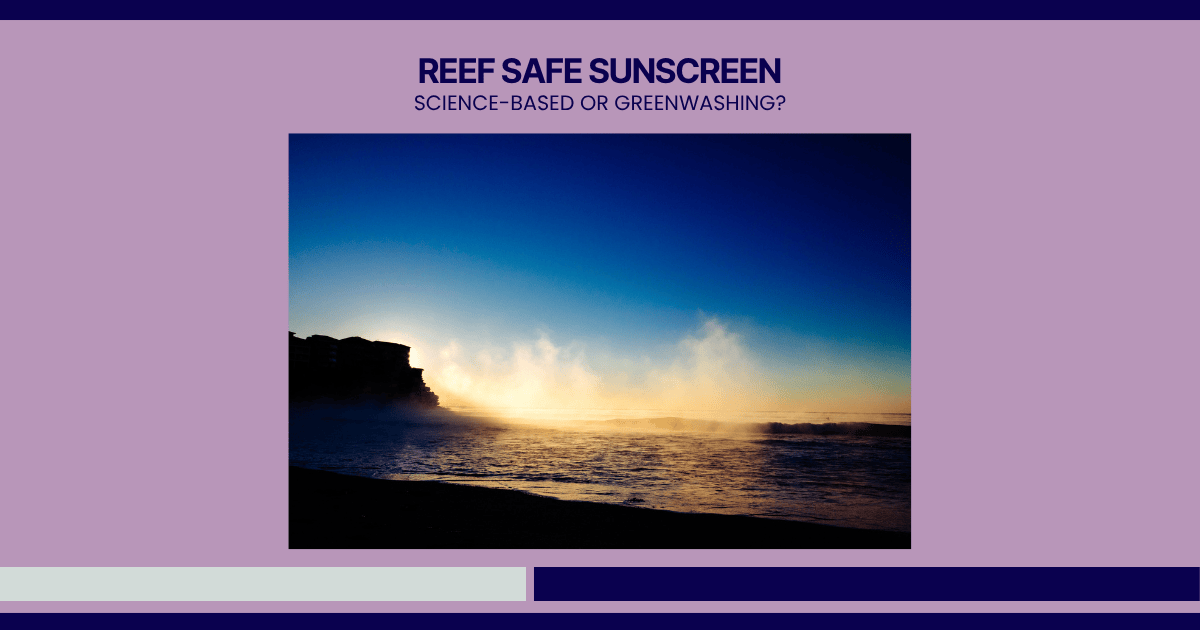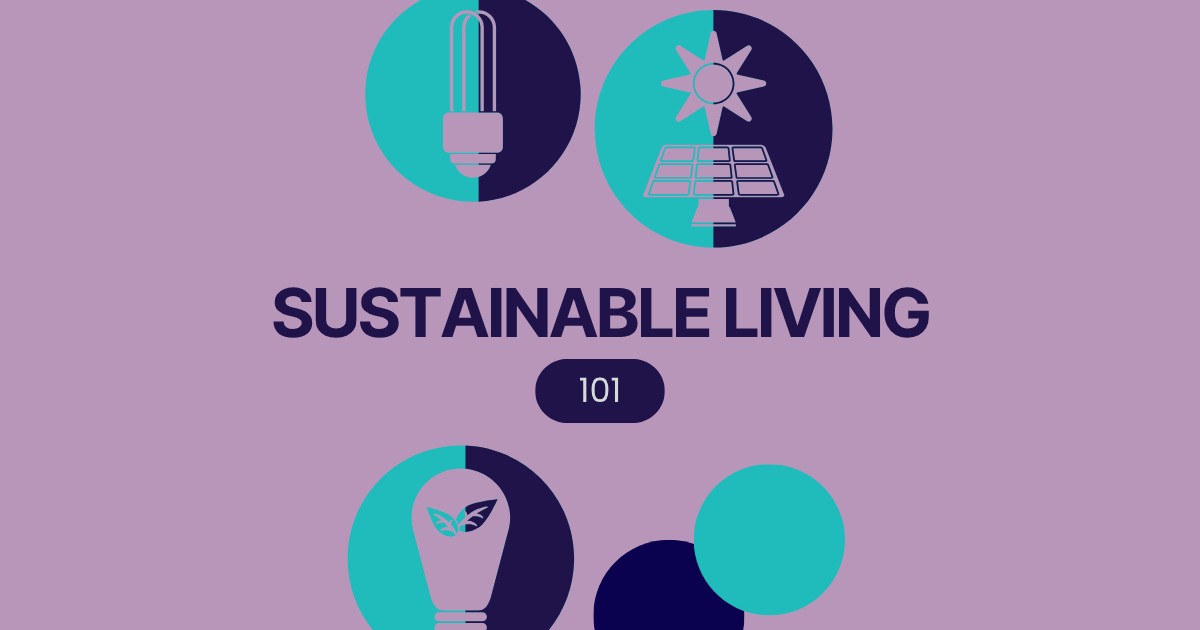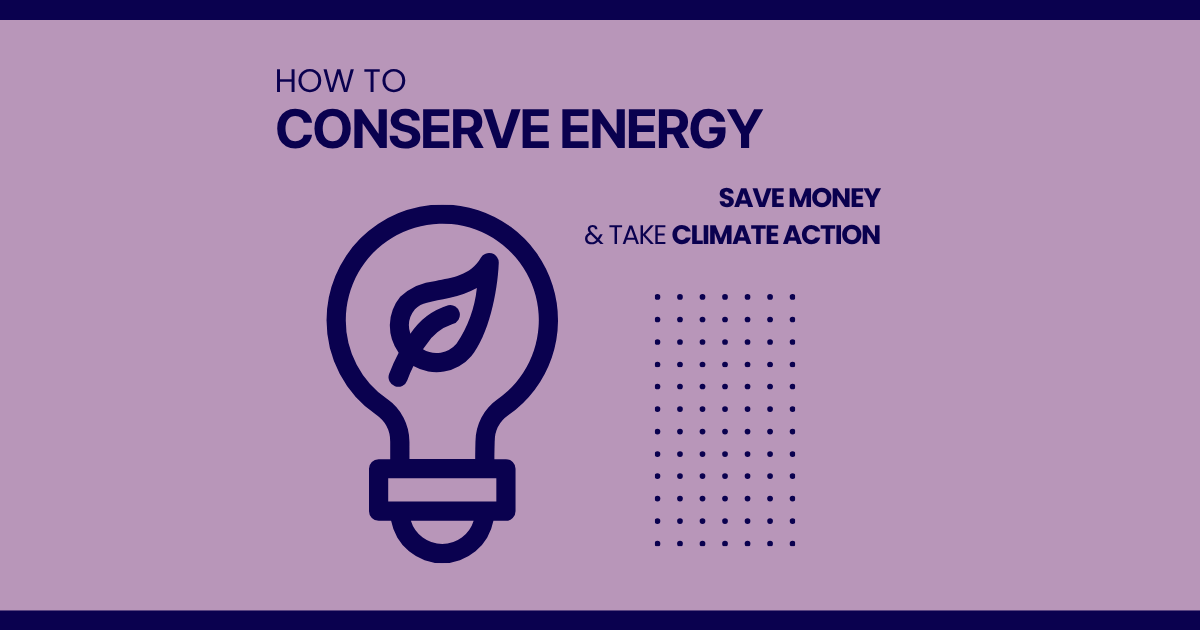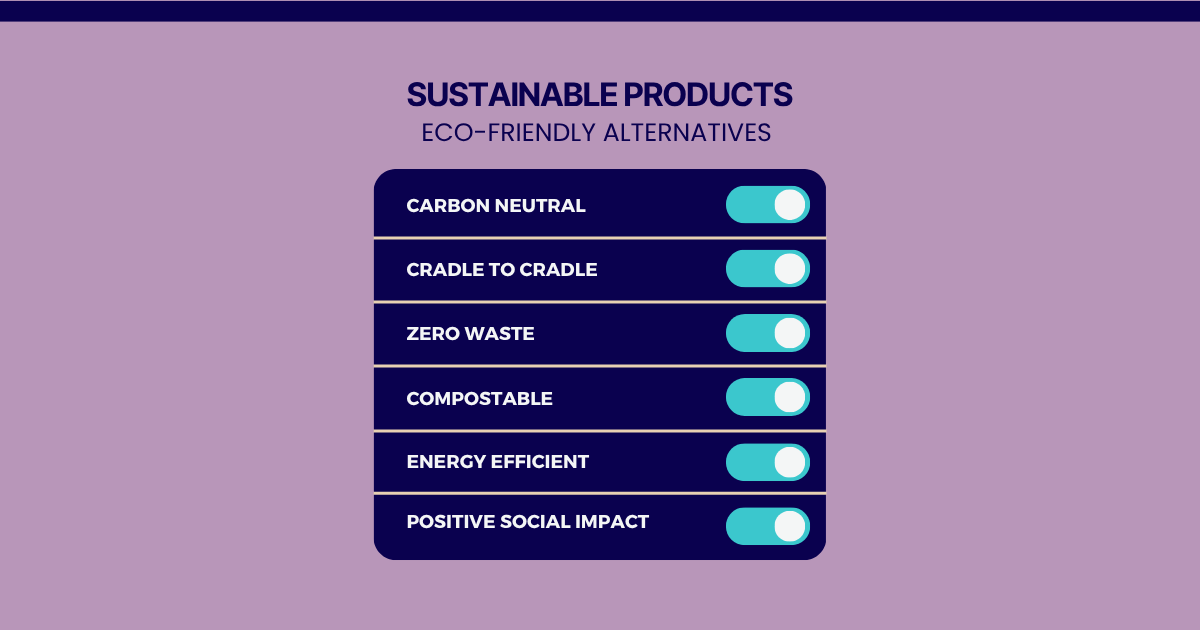Are You Being Misled About Sunscreen and Coral Reefs?
Climate change is killing coral reefs, but some people think sunscreen is the culprit.

Most of the world's coral reefs will be lost in the very near future, not in 50 or 100 years. The main cause? Climate change driving ocean warming, acidification and extreme storms.
While other contaminants like pesticides and agricultural runoff also damage reefs, climate change is the primary threat requiring urgent action to reduce greenhouse gas emissions.
But what about sunscreen? You've probably seen headlines claiming sunscreen is killing reefs and that you should buy "reef safe" alternatives. Let's examine what the science actually says.
Does Sunscreen Kill Coral Reefs?
Short answer: No.
Despite media reports suggesting otherwise, current scientific evidence shows sunscreen doesn't cause coral bleaching in real-world conditions.
Dr Nial Wheate from the University of Sydney explains that while sunscreen chemicals can harm corals in laboratory conditions, they're only found at very low levels in actual reef environments.
Professor Terry Hughes, a leading coral reef scientist, reinforces this point:
"The environmental concerns over sunscreens on coral reefs are centred overwhelmingly on just two studies. […] Experiments that expose corals to sunscreen chemicals typically use far higher concentrations than have ever been measured on an actual reef. […] coral bleaching at a global and regional scale is caused by anthropogenic heating, not sunscreen."
A recent report concluded that the reef safe sunscreen market is unregulated and not scientifically justified, though research continues and more findings are expected.
Why Are Some Places Banning Sunscreen?
If sunscreen isn't the problem, why have Hawaii, Palau and other locations banned certain sunscreen ingredients?
The answer lies in the precautionary principle: if there's any risk of environmental harm, action should be taken to prevent it, even without definitive scientific proof.
For small island nations and reef-dependent communities, coral reefs are everything. They provide food, employment, fishing industries, tourism income and coastal protection. When reefs are already experiencing devastating bleaching from climate change, these communities want to eliminate any possible additional threat, no matter how small.
The economic reality is stark. If a reef dies in a place like Palau or Tonga, it can devastate the entire economy. Unlike larger countries with diverse industries, these nations often have few alternatives. Many residents face the choice of migration if their reef-dependent livelihoods disappear.
It's completely understandable that these communities want to take every possible action to protect their invaluable ecosystems.
Should You Avoid Sunscreen?
If you're in an area where certain sunscreens are banned, follow local laws and regulations.
However, don't forget that skin cancer is a major health risk. It's the most common cancer worldwide, and sunscreen significantly reduces your risk of both skin cancer and premature ageing.
By avoiding sunscreen, you're putting yourself at increased risk of skin damage and cancer. While protective clothing, hats and sunglasses help, sunscreen should protect any exposed skin.
If you're concerned about sunscreen use near reefs or in areas where it's banned:
- Swim at dawn or dusk when sun exposure is minimal
- Choose activities away from the water during peak sun hours
- Cover up with protective clothing and stay in the shade
The Greenwashing Problem
Here's where things get problematic. There's no official definition of what makes sunscreen "reef safe." Up to 48% of sunscreens labelled as reef safe don't meet established criteria, and 4% don't even meet legislative requirements.
Consumers pay premium prices for these products, believing they're making an environmentally responsible choice, when that may not be accurate. This is a classic example of greenwashing: marketing products as environmentally friendly without providing scientific backing.
How Do We Actually Protect Coral Reefs?
The world has already warmed by 1.25°C above pre-industrial levels. Coral reefs are unlikely to survive at 1.5°C of warming and virtually impossible to survive at 2°C.
The real solution is urgent action to:
- End fossil fuel use
- Limit all greenhouse gas emissions (carbon dioxide, methane, nitrous oxide)
- Prevent further deforestation
Individual actions matter too. Check out my guide to being sustainable at home for practical steps you can take to minimise your environmental impact.
The Bottom Line
Climate change, not sunscreen, is killing coral reefs. While it's natural to want to help protect these incredible ecosystems, focusing on sunscreen distracts from the real solutions needed.
Protect your skin with sunscreen, follow local regulations when travelling, and direct your environmental efforts toward the actions that will actually save coral reefs: reducing greenhouse gas emissions and supporting climate action.







Comments